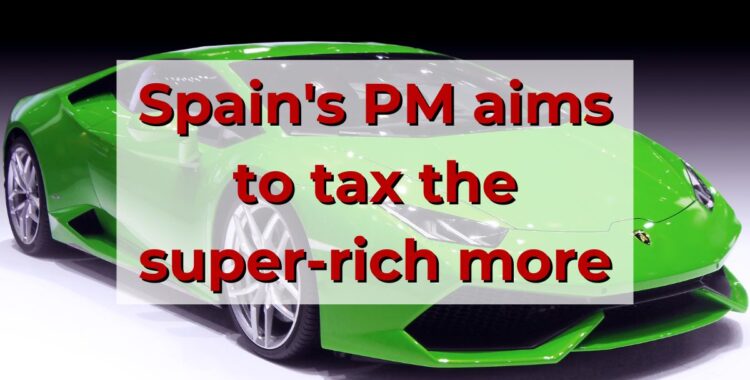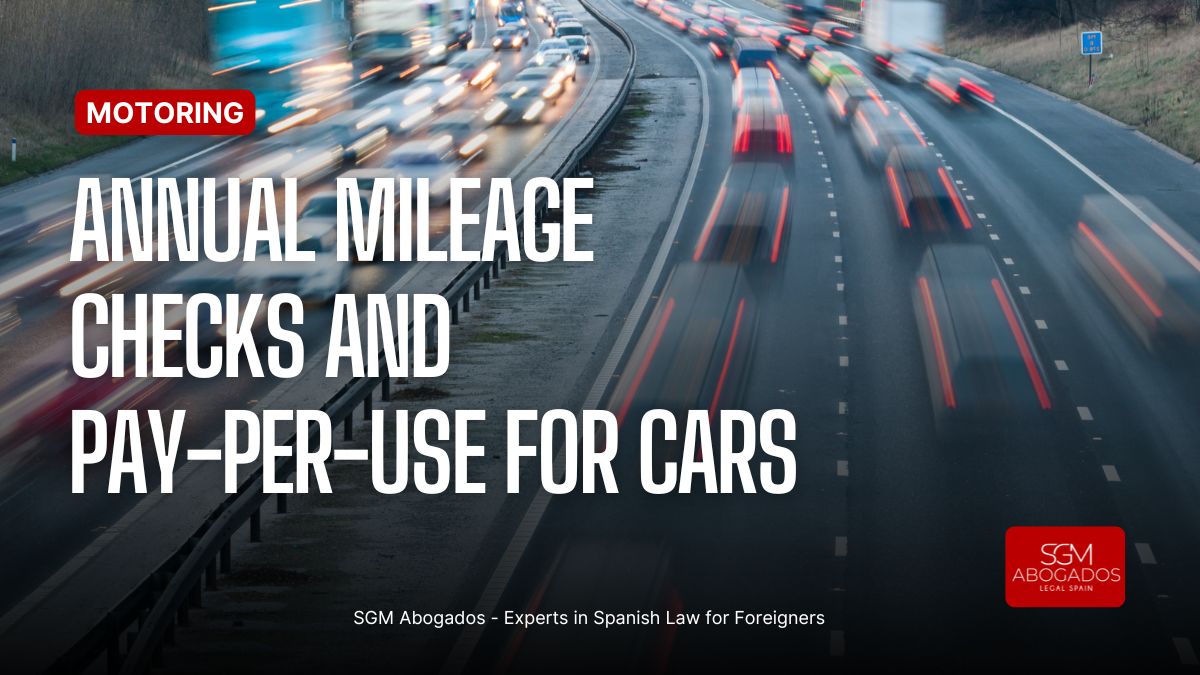Less Lamborghinis’: says Pedro Sanchez
On September 4, 2024, Spanish Prime Minister Pedro Sánchez delivered a bold and politically significant speech focused on wealth inequality and fiscal reforms.
On September 4, 2024, Spanish Prime Minister Pedro Sánchez delivered a pivotal speech centered on addressing wealth inequality through fiscal reforms. A core element of his message was a commitment to increasing taxes on Spain’s wealthiest citizens as part of his broader progressive agenda. Sánchez emphasized the principle that those with greater wealth should contribute more to the nation, proposing a new wealth tax aimed at individuals with assets exceeding €3 million. This tax, set to last for two years, is part of the 2024 State Budget and aims to bolster public services and strengthen Spain’s social safety net.
In defending this proposal, Sánchez underscored the importance of fairness in the country’s tax system, arguing that during challenging economic times—exacerbated by recent inflation and energy crises—it is essential for those with the most resources to shoulder a larger portion of the fiscal responsibility. He described this as a crucial step in addressing Spain’s wealth inequality, while ensuring the availability of funding for vital services like healthcare, education, and social programs.
Sánchez also linked his policy to broader European trends, noting that similar fiscal measures are being implemented across the continent. His administration’s tax proposal aligns with efforts by other governments to ensure that wealthier citizens contribute proportionately more to post-pandemic recovery efforts. According to Sánchez, these steps are necessary to create a more equitable society, where economic benefits are more evenly distributed.
The announcement has not been without controversy. The opposition, led by the conservative People’s Party (PP), has criticized the proposed tax hikes, suggesting they could drive wealthy individuals and businesses out of Spain, potentially damaging the economy. Some regions governed by the PP have already taken steps to reduce taxes in an attempt to attract high-income earners, countering the government’s plan. The PP has raised concerns that the new taxes could deter investment and trigger capital flight.
Despite these criticisms, Sánchez remains steadfast. He believes the tax increase is not just a matter of fiscal necessity but also of social cohesion. His government has argued that the additional revenue will be crucial for investment in areas like green infrastructure, digital innovation, and Spain’s welfare system—key pillars of his administration’s policy goals. Sánchez also emphasized that the revenue generated from these taxes would help fund essential public services, including healthcare, transportation, and efforts to combat climate change.
In conclusion, Sánchez’s speech reaffirmed his government’s commitment to progressive economic reform, aiming to reduce wealth disparity while strengthening Spain’s social safety net. Although the tax proposal faces substantial political opposition, particularly from conservative sectors, Sánchez frames it as a necessary step for ensuring both social justice and economic stability in the long run.
The headline offered yesterday by Pedro Sánchez, husband of Begoña Gómez and president of the Government of Spain, was a true declaration of intentions. The international message I wanted to send is that millionaires are not welcome in Spain. But beyond that, wanting to place the “billionaires” or Lamborghini owners in the spotlight, what he did was point out as a problem something that is merely anecdotal in the social reality of Spain, unfortunately, and that is that The people who can buy, specifically, a Lamborghini, are very few.
Not in vain, the number of cars from the luxury Italian brand that are registered each year in Spain does not qualify as anecdotal. To give an example, between 2022 and 2023, 68 Lamborghinis were registered in Spain. The total number of registrations for those two years was 1,762,756 cars. Which means that the number of Lamborghinis registered in Spain in those two years was 0.0038% of all cars registered.












